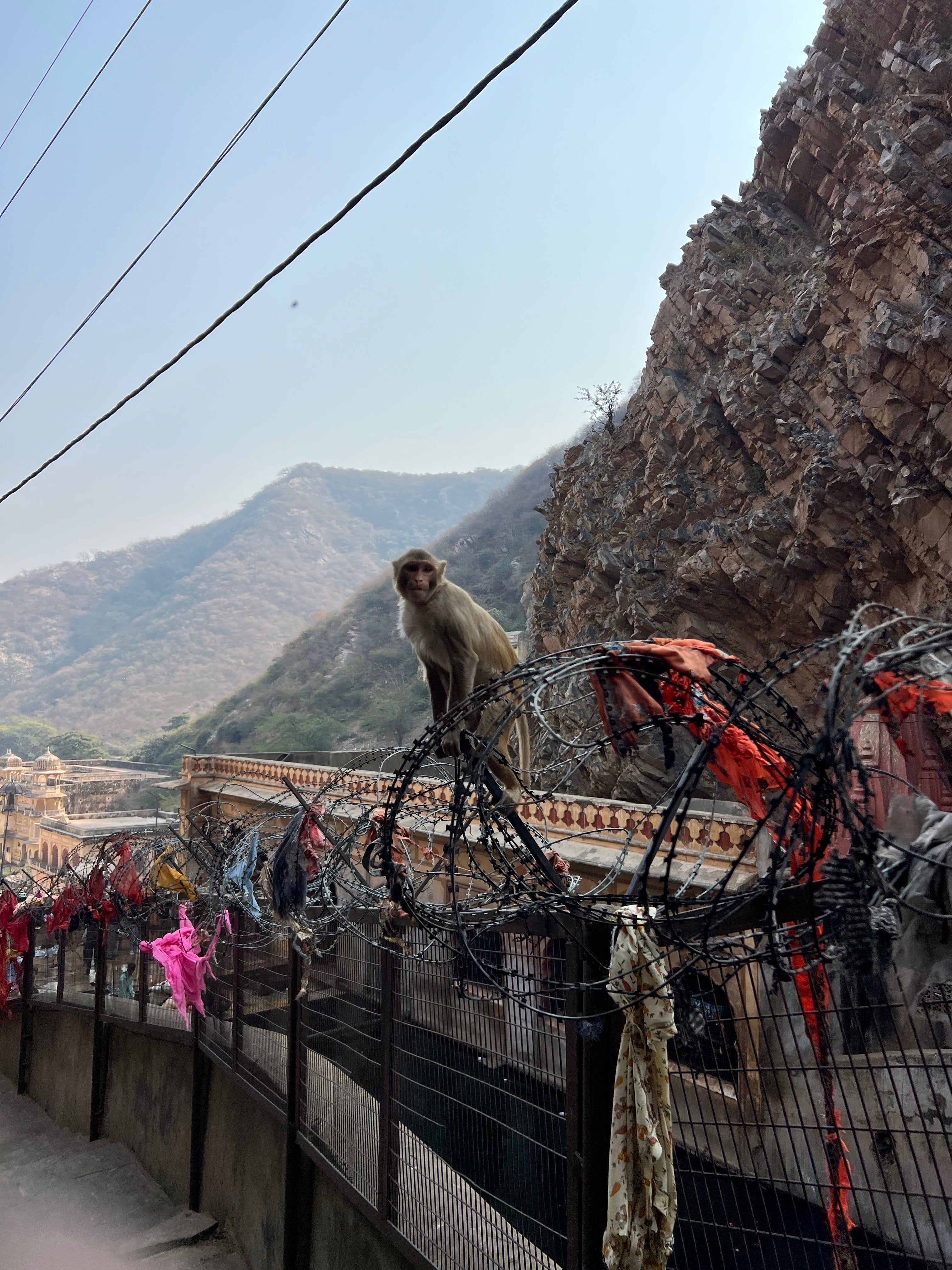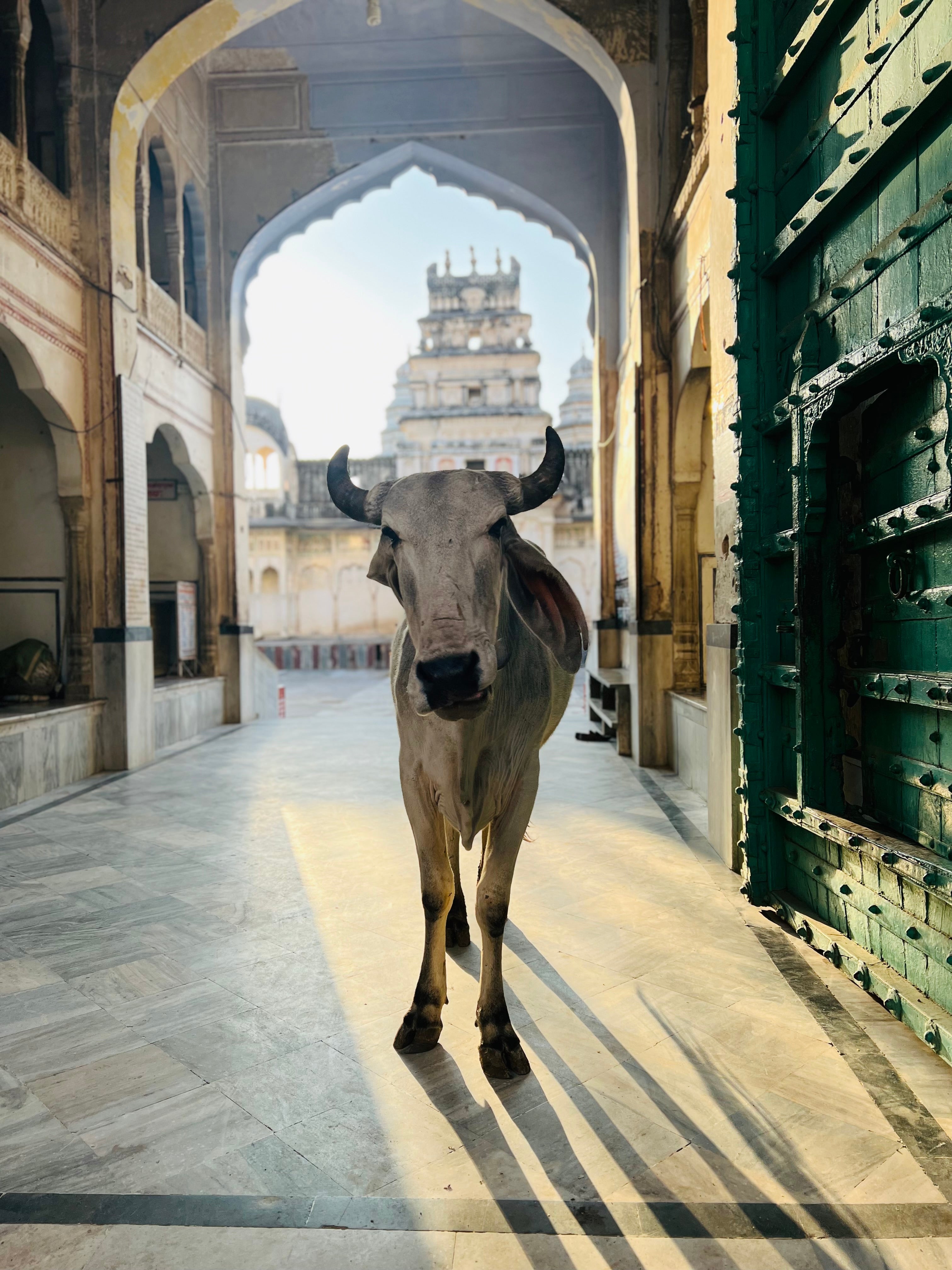
Ethics and Sustainability
Most people don't know the difference between sustainable and ethical when it comes to clothing production. Ethics refer to the treatment of the people associated with the brand and production. Sustainability relates to the overall consideration for waste and harm to the environment - but the two can overlap and often do.
If you are wondering if this should matter to you, then if you live on planet earth - the answer is YES.
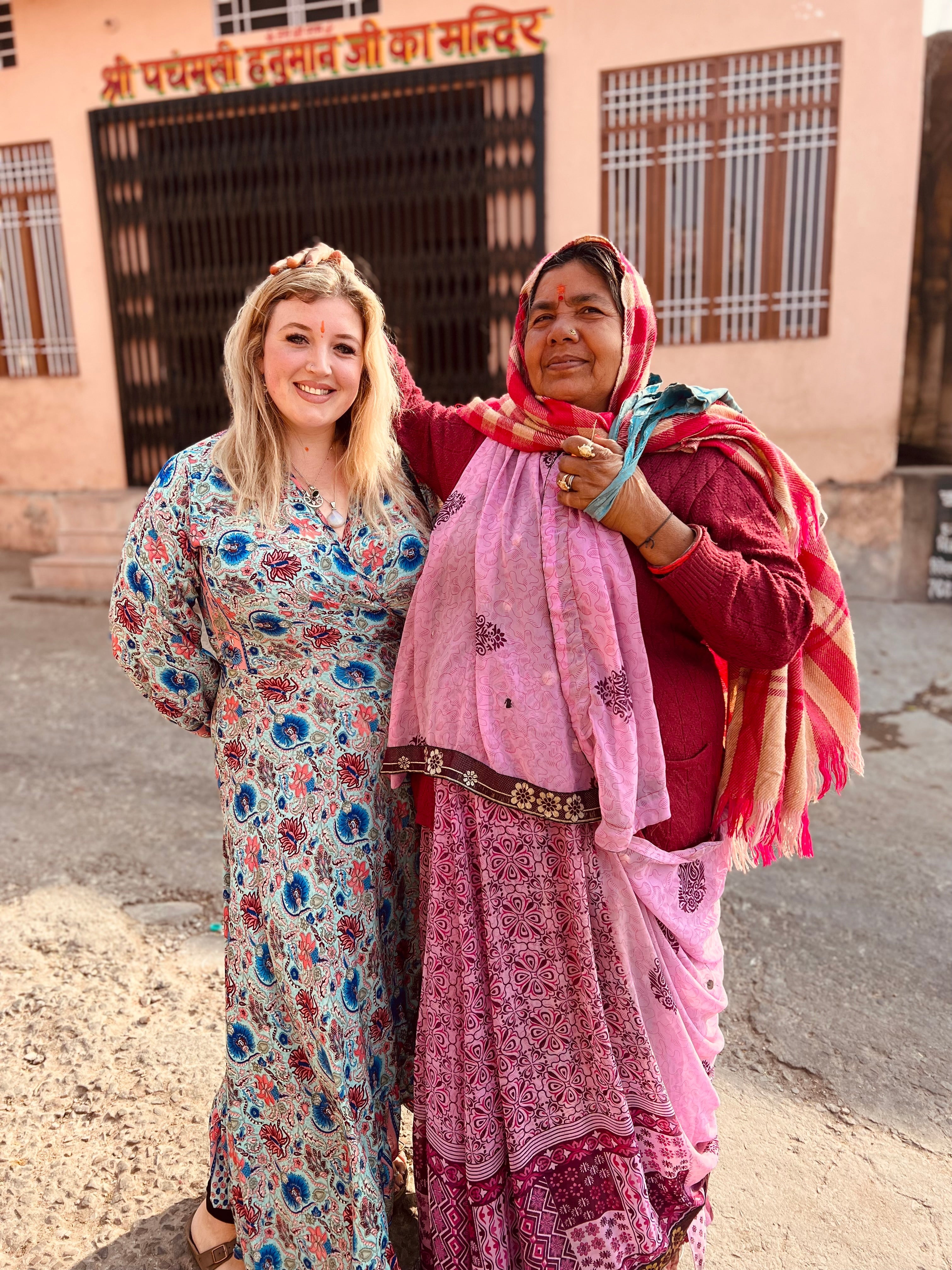
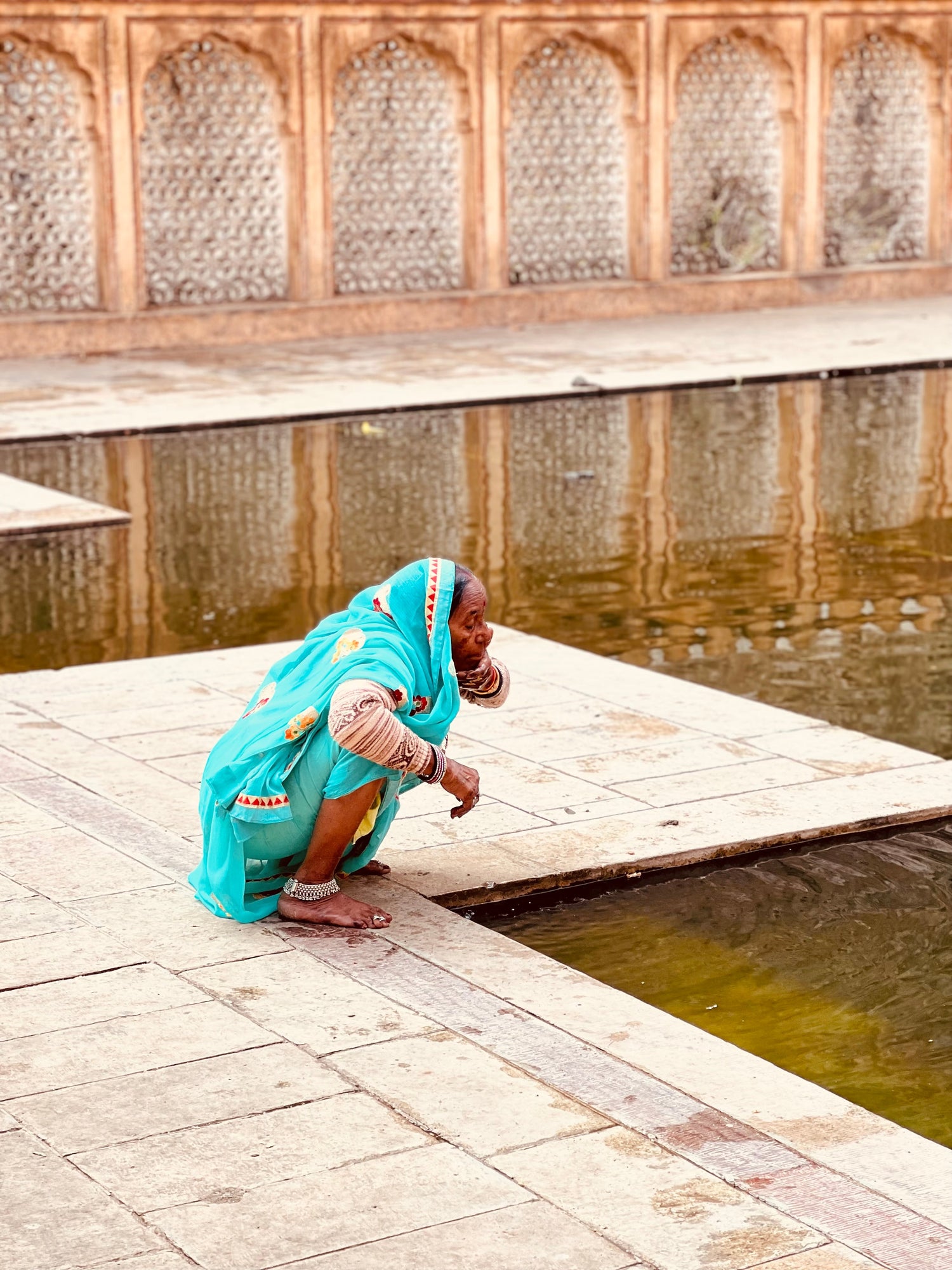
How can you know if the brand you are buying from is actively practicing good ethics and sustainability?
The truth is, you can't.
Because the reality is that most successful businesses are really good at marketing and making things look insta ready and polished. A good start is to dig and find out whether the brand founders or directors care enough to go to the place they are importing from. Do these people walk the walk? Do they sweat it out in a factory somewhere and understand what their workers do every day? I don't think anyone can speak to genuine ethics unless they have taken that simple step. And even then, it's easy to exploit hard working or mistreated people by using filtered clips in slow motion showing them creating magical pieces like block printing cotton or hanging out tie dye to look pretty on instagram. How does the brand know they don't have children at-risk in their factory? The sad truth is that 1.92 million tonnes of textile waste is produced every year. This is harmful to our planet and to the people who are producing these garments, who are often from countries with high poverty and high population. What steps are the brand taking to support less waste? Do they have a second hand selling community? Do they financially contribute to carbon offsetting their emissions? Most factories are throwing fabric scraps into a giant pit of fabric landfill and then setting fire to it every month. These remnants, scraps and discarded waste eventually make up to 10% of the oceans' micro plastics. Can you believe that?
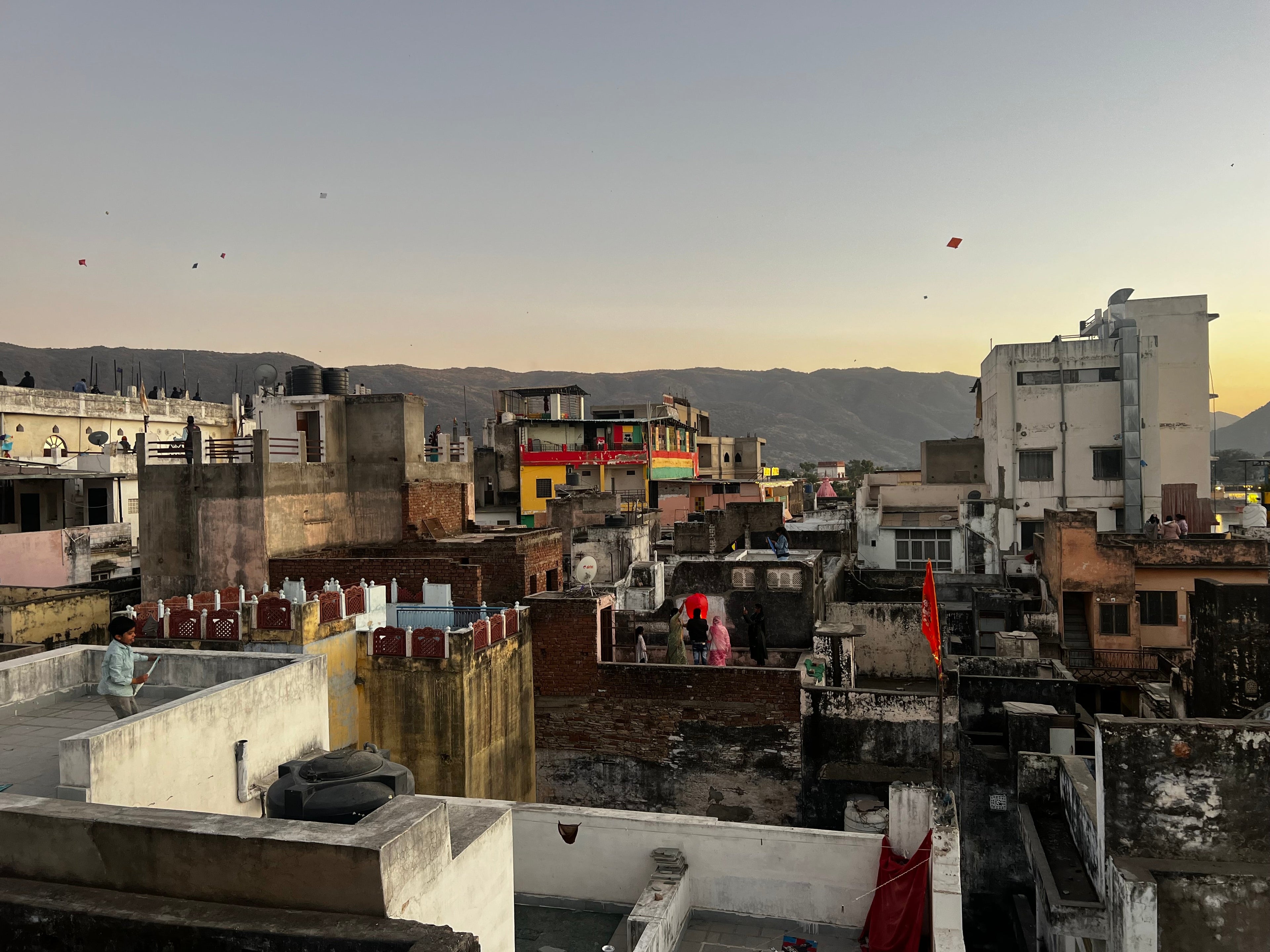
Look for signs of care in the brand you are considering buying from. We are telling you this because as a clothing brand, it upsets us more than anything else to see competitors not talking about this, or people new to the industry not really recognising their moral obligations. Or, the worst of all - not being transparent with their customers about the giant elephant in this tiny room. There is no planet B. You can help by supporting the brands who are out there trying to make a difference. You can pass on your used things to others in their buy sell and swap groups or on websites like Vinted, if you are in the UK. You can ask important questions and do some research on who you are shopping with and read their mission statement. Rotate and replace pieces when you want, knowing you can pass the others on to the community that most conscious slow fashion brands already have established.
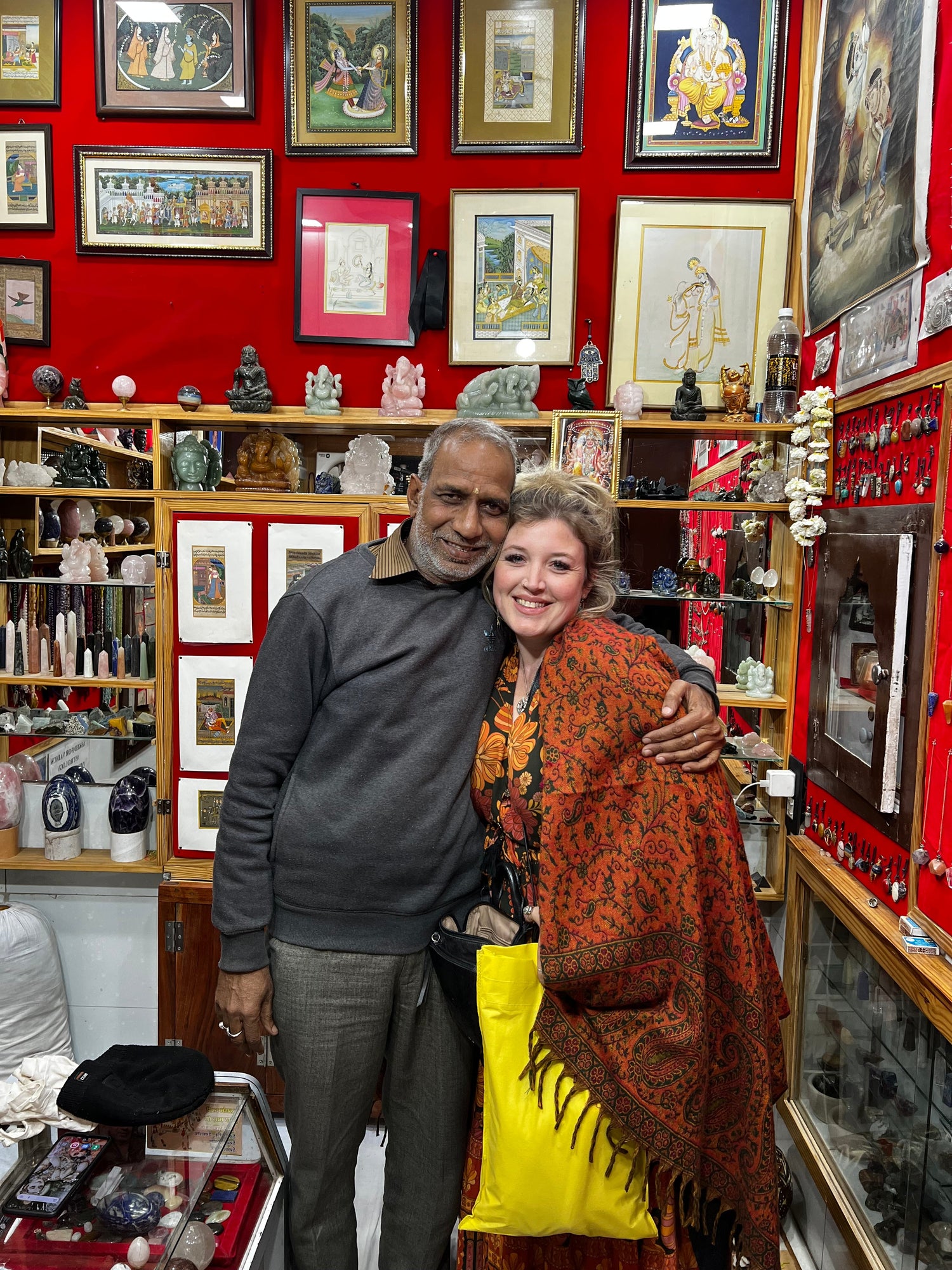
So what are we doing about it?
We have sponsored tens of sustainability projects around the world, including solar development.
We have been subscribed members of UK charities working to plant trees to offset company carbon emissions and continue to do so.
Our CEO also actively supports climate control and singularly offsets 1 tonne of CO2 every month.
We save, donate or recycle our fabric scraps, creating scrunchies, headband and scarves wherever possible to keep our small pieces circulating.
We order small batches of our bespoke designs; catering for the number of garments we have calculated and estimated to sell.
We do not dispose of returns or faulty goods; we donate to causes such as Women's Aid.
Ancient Earth has also engaged in auctions of goods for charitable causes and run campaigns to raise money for community members in severe need.
We will continue to visit our factory in Rajasthan, India, to ensure the safe, healthy and fair environments of our valued team and friends.
We deeply care and respect the individuals, families, culture and faith of everyone who supports the running of Ancient Earth, and beyond.
It costs nothing to care.
Choose your brands wisely!
